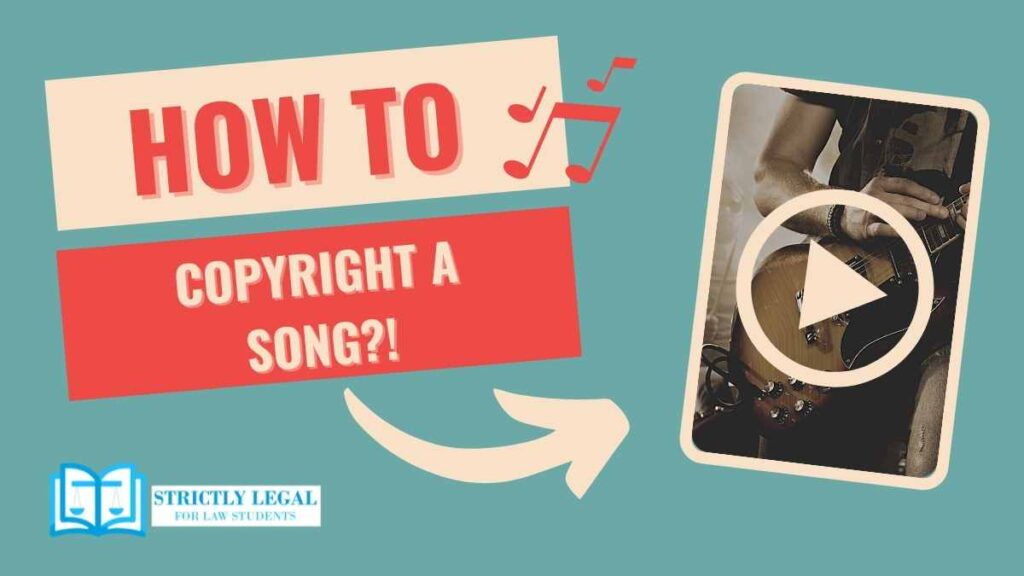If you are a musician, producer, or from the music industry you must have had the curiosity to learn the copyright filing process for songs in India. This blog particularly explains the copyright filing process for songs and music.
Copyright is a form of intellectual property right (IPR) that protects the ideas of the authors of original works in the nature of literary works, dramatic, musical, artistic works, cinematographic films, and sound recordings.
Related: A Study on Copyright and Online Piracy in India
Table of Contents
Copyright Law in India
Copyright law in India is governed by the Copyright Act, 1957. As per the provisions of the Act, all the registrations of copyright are taken care of at the Copyright Office under the immediate control of a Registrar of Copyrights, appointed by the Central Government as per the rules prescribed.
The government office for the registrar of copyrights is:
Boudhik Sampada Bhawan,
Plot No. 32, Sector 14, Dwarka,
New Delhi-110075
Telephone No.: 011-25301202
How long are copyrights valid?
The general rule is that a copyright protects the work of the author for the life of the author plus an addition of 70 years. In other words, the right is granted for the lifetime of the author and it remains with him(his family and legal representatives) till 70 years after his death.
This is not just applicable in India but worldwide as India is part of the Berne Convention, a global treaty for standardizing copyright recognition.
A song may have several key elements that need to be protected under copyright law and not just the track. For example here are the key elements that need to be protected:
- The Music: You need to put in in a word file for registration at the copyright registrar
- The Background: You need to submit the wav file containing the background
- The Lyrics: Must be a written submission.
- The Recording: In a wav file format too.
Application Form
This application form has to be duly filled out and submitted to the copyright registrar for copyright registration of music and songs.
Procedure of Songs Copyright in India
Step 1: Application
The application form XIV must be filled either through an advocate or by yourself by affixing the appropriate fees to the registrar. Once the application is submitted, it will generate a diary number or reference number. You are required to keep handy this number for future use.
Also Read about: PATENT LICENSING AND COMPULSORY LICENSING IN INDIA WITH STUDY OF USPTO POLICIES
Step2: Formality check fail
Once application XIV is received by the registrar, it is processed for a formality check. The application is vetted and it is ensured that the requirements have been complied with. In case, it needs any clarifications regarding additional documentation, the officer of the registrar sends a communication to the applicant at his or her registered address provided in the application.
Step-3 Waiting Period
Once the application has complied with the formality check. It is kept waiting for at least 30 days. This is when people can raise objections regarding the registration of the copyright of the song. In case it received no objections in this 30 day time, it will be processed further.
Step-4 Hearing
But if an objection is received in the previous waiting period, a notice is sent to both the parties i.e the applicant and the objecting party to attend the hearing where an adjudicating body hears both sides and decides on the matter.
Registration granted
Finally, the application is sent forward to the registrar for his satisfaction. He may either grant it or reject it. If it is granted a registration certificate is granted to the applicant. This is where you can enjoy the advantages of copyright registration in India.
Did you know about: Fair use and fair dealing in Copyright: Effective or ineffective?
Conclusion
We hope you have learned how to copyright a song in India. The process is quite simple but can take up some time. So it is advisable you contact an attorney who deals with copyright and other intellectual property matters in his day-to-day life.

Passionate about using the law to make a difference in people’s lives. An Advocate by profession.




